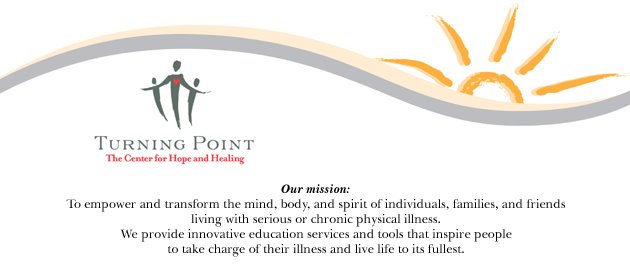Did you ever see the movie Osmosis Jones? It was on television a few nights ago and I watched it.
Osmosis Jones (voiced by Chris Rock) is a cell that lives in Frank (played by Bill Murray). Frank doesn’t take particularly good care of himself and Osmosis and his fellow ‘cops’ have a tough time keeping Frank healthy. It is their job to identify pathogens and either attack them or create antibodies to neutralize them. Besides being an animated cop, Osmosis is an immune cell.
Osmosis taking out a pathogen.
There are two categories of immune cells, also called lymphocytes – T Cells, which originate in the thalamus, and B Cells, which originate and mature in the bone marrow.
Bill Murray
For those of us with more on our minds than wings and dipping sauces, stress is a concern. When you activate your immune system over and over again with short term stressors, you increase the likelihood of the immune system overreacting and wreaking havoc with your health – which can trigger autoimmune diseases or make any condition you already have worse.
Learning how to effectively manage stress is essential to long-term health.
Meditation, relaxation and regular aerobic exercise can all help you stay healthy.
At the end of the movie, Osmosis Jones saves the day (or Frank) and Frank decides to make healthier choices – including exercise and a more balance diet (think vegetables instead of chicken wings).
Like Frank, we can make a conscious decision to lead healthier life-styles. Even small changes can yield big results.
Moira

